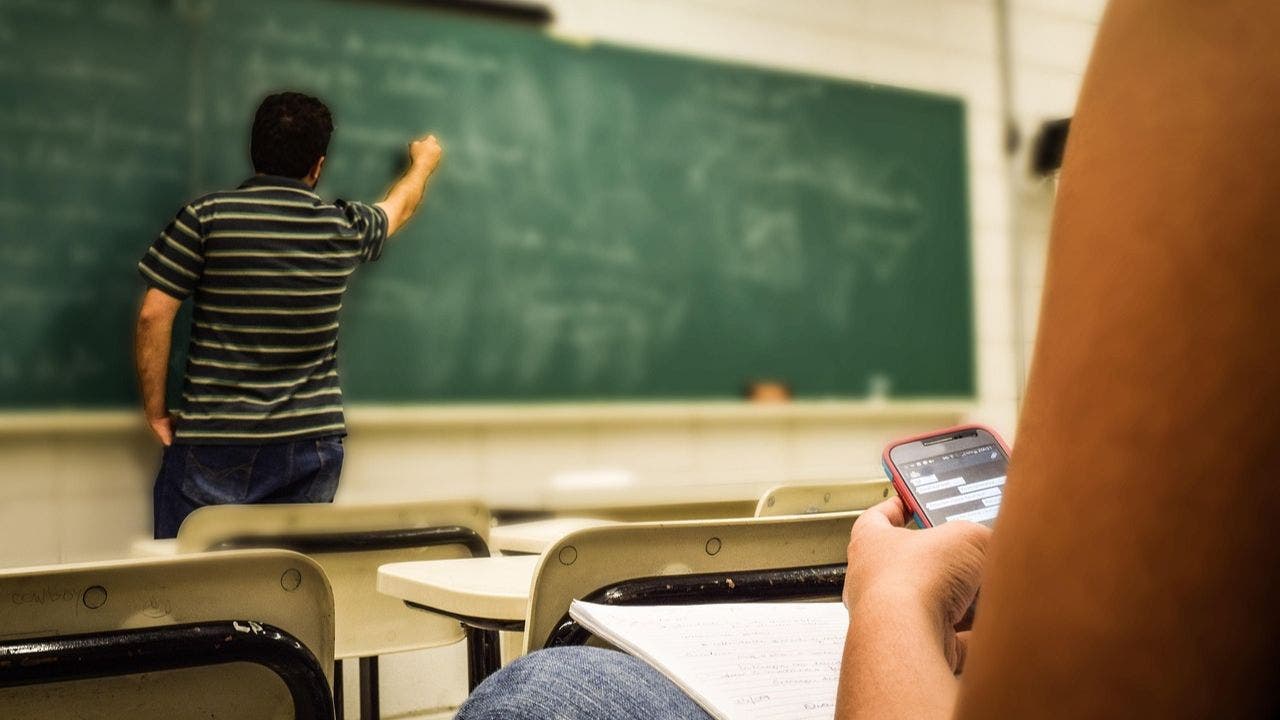Schools fight AI cheating with return to pen and paper blue books

The integration of artificial intelligence in education is revolutionizing the way schools and universities approach learning and assessment. With tools like ChatGPT becoming more prevalent, students now have the ability to generate essays, solve complex math problems, and draft lab reports in a matter of seconds. This shift has raised important questions about the authenticity of learning in the educational landscape of 2025.
In response to the rise of AI cheating in schools, some educators are turning to a surprising solution: pen and paper exams. The traditional “blue book,” a lined booklet used for handwritten test answers, is making a comeback as a way to ensure that students are actually completing their own work. This strategic shift aims to eliminate the opportunity for students to copy from AI assistants during exams and promote genuine student thinking.
While the return of handwritten exams may seem like a step back in time, many professors believe that in-person, timed writing assessments are more difficult to manipulate and can lead to improved student thinking. However, critics argue that this approach may hinder students’ development of research skills and analytical thinking, particularly for complex topics that require time, revision, and outside sources.
In the ongoing battle against AI cheating in schools, some educators are advocating for a balanced approach. Rather than banning AI tools altogether, they suggest incorporating AI literacy into the curriculum to teach students how to use these tools responsibly. By helping students understand the boundaries between inspiration and plagiarism and when it is appropriate to utilize AI tools, educators hope to equip students with the critical thinking skills needed in the modern world.
As AI tools continue to evolve, schools will need to adapt their strategies to ensure academic integrity. Some institutions are exploring alternative assessment methods, such as oral exams or process-based assignments, to make cheating more difficult. The goal is not only to prevent cheating but also to prepare students with the skills, knowledge, and values they need to succeed in a world increasingly shaped by artificial intelligence.
In conclusion, the integration of AI in education presents both challenges and opportunities for schools and universities. While the return of handwritten exams may be a temporary solution to combat AI cheating, the long-term strategy will likely involve a combination of traditional and modern assessment methods. By adapting to the changing educational landscape, institutions can ensure that students graduate with the skills and integrity necessary for success in the digital age.




